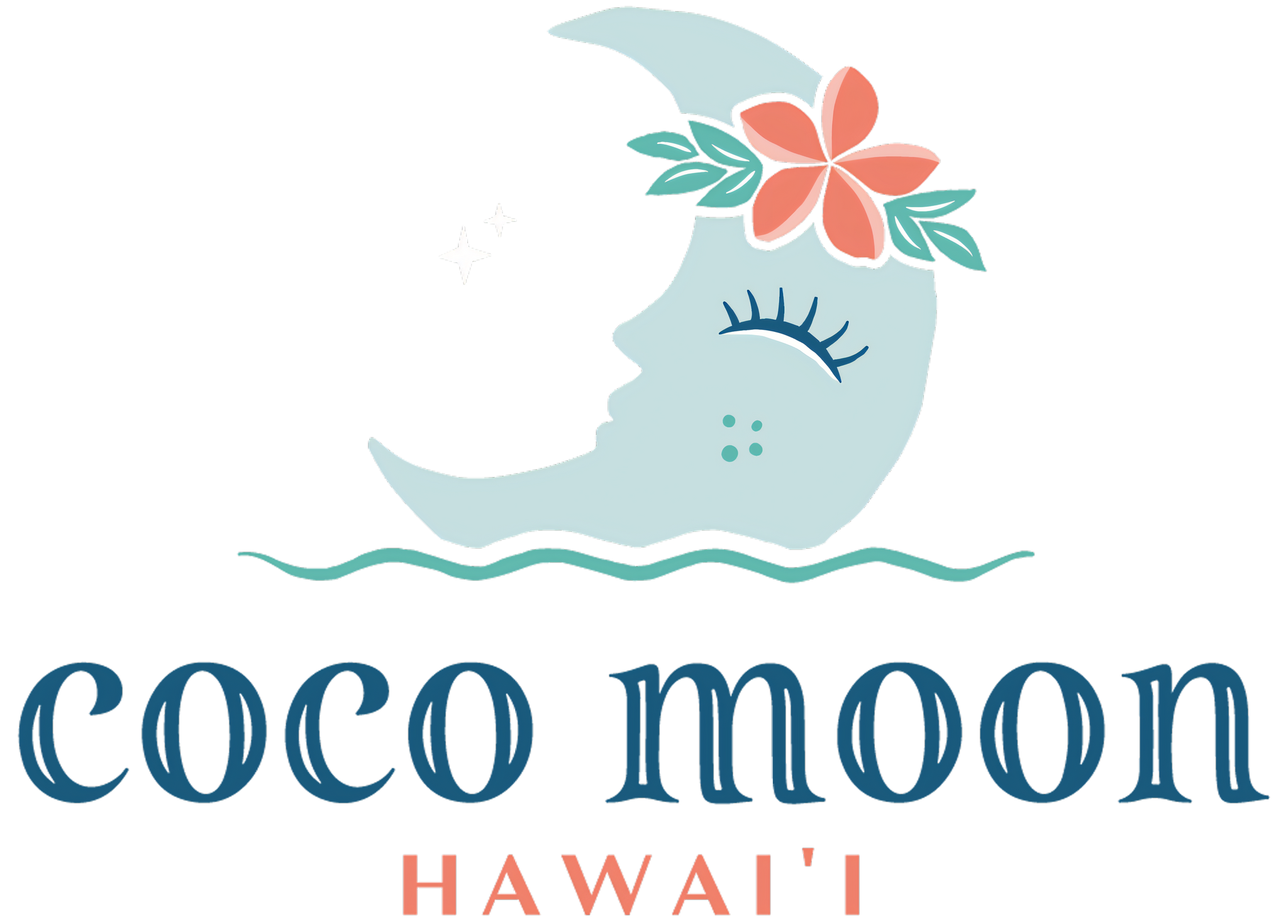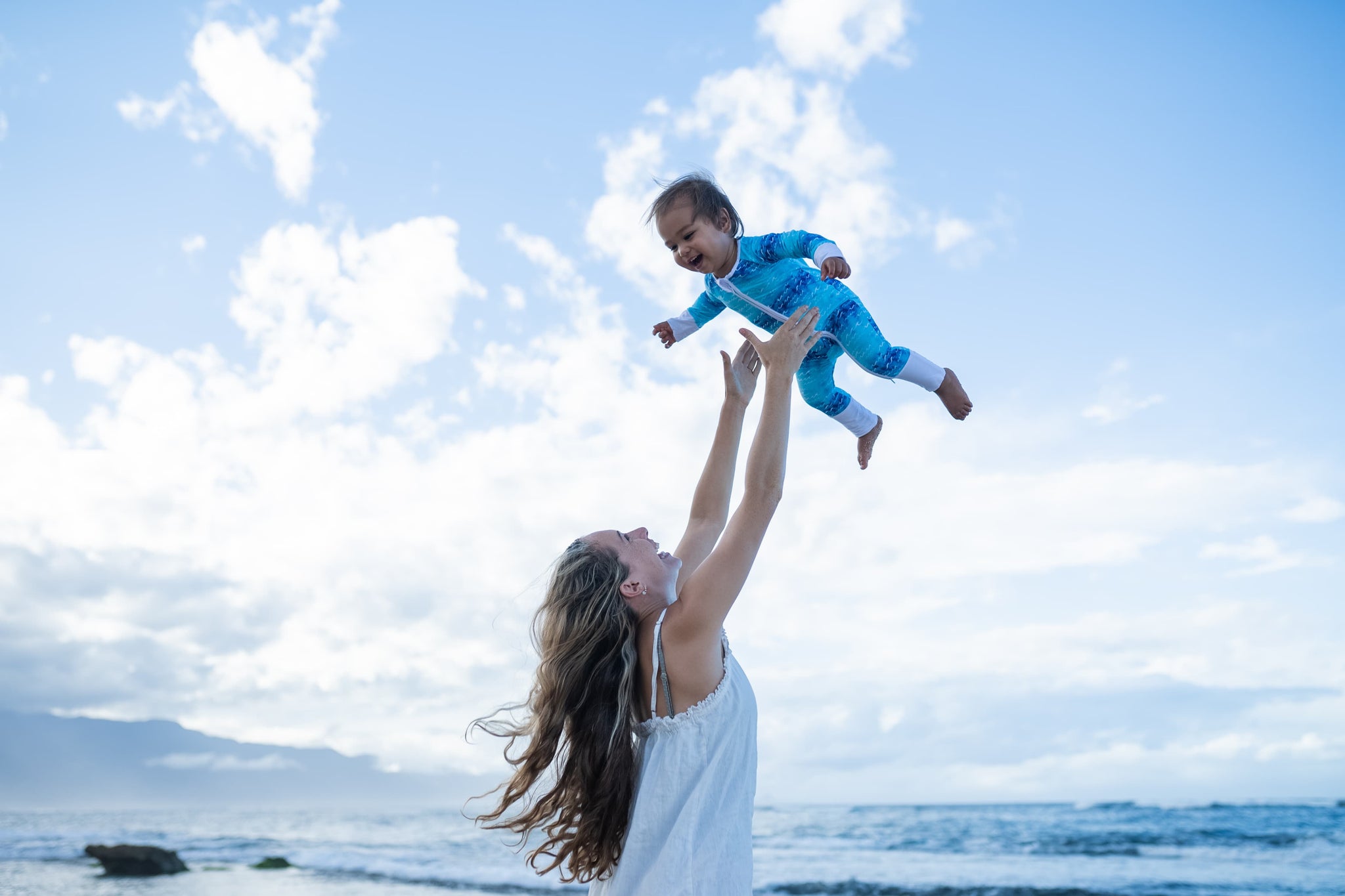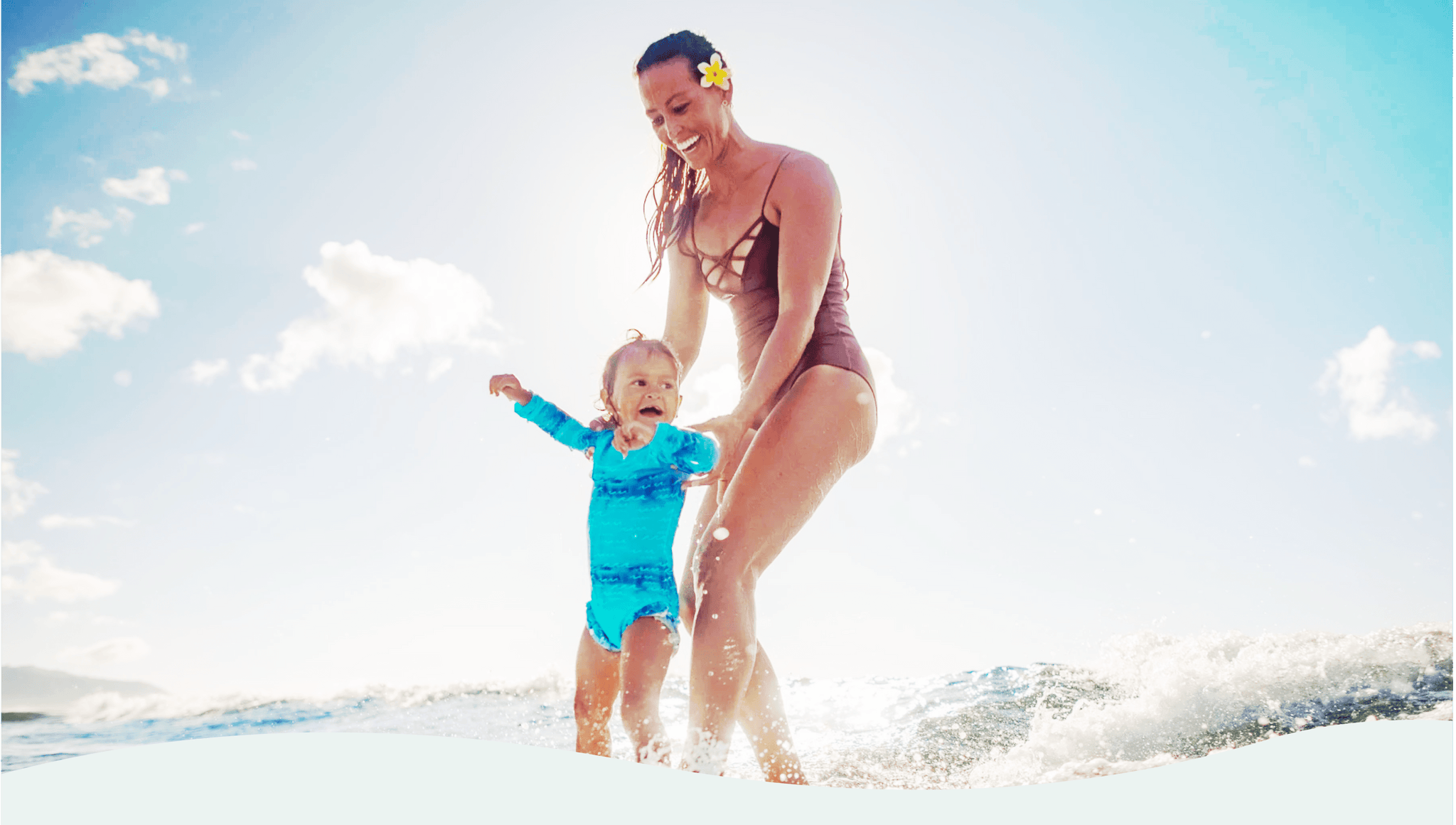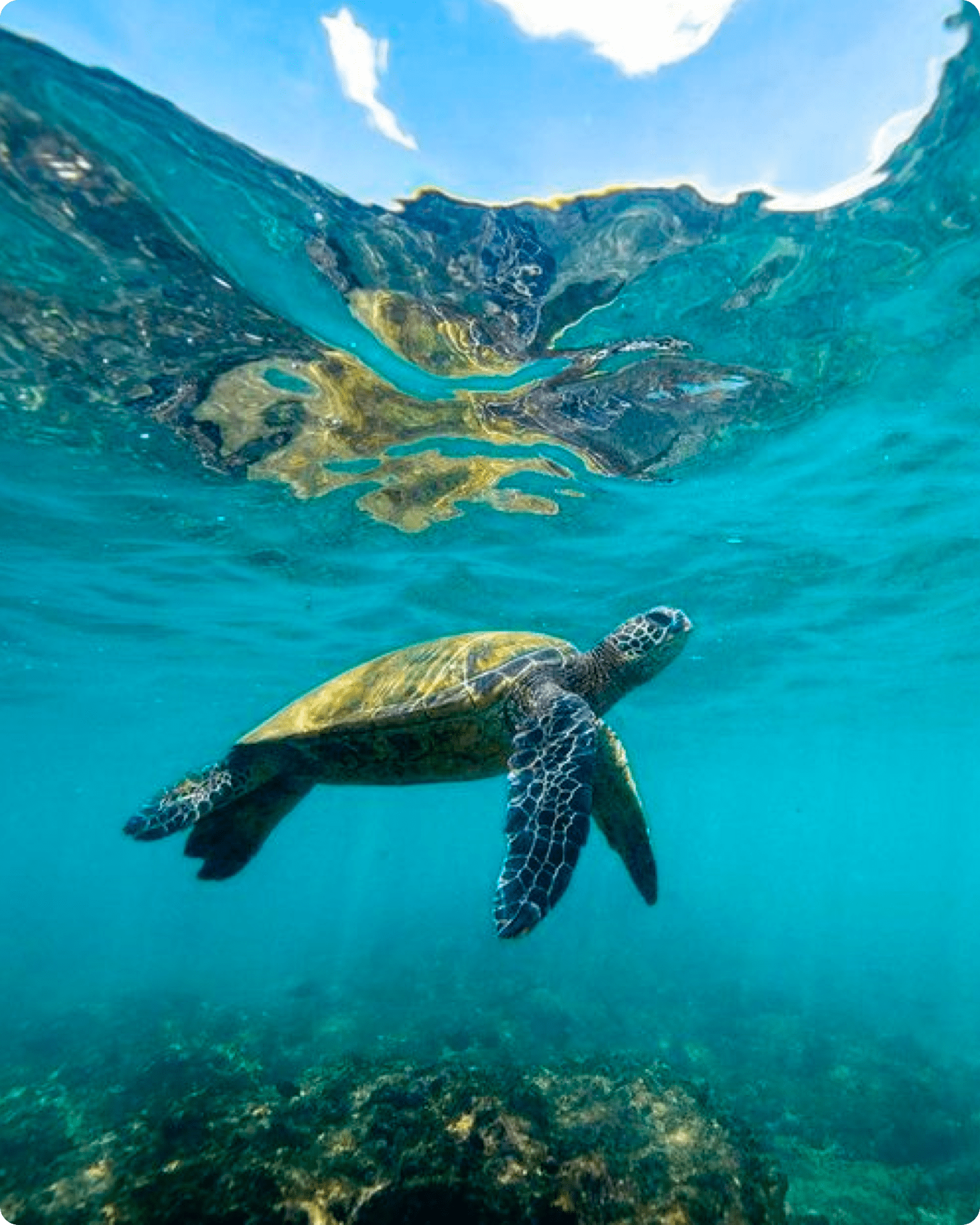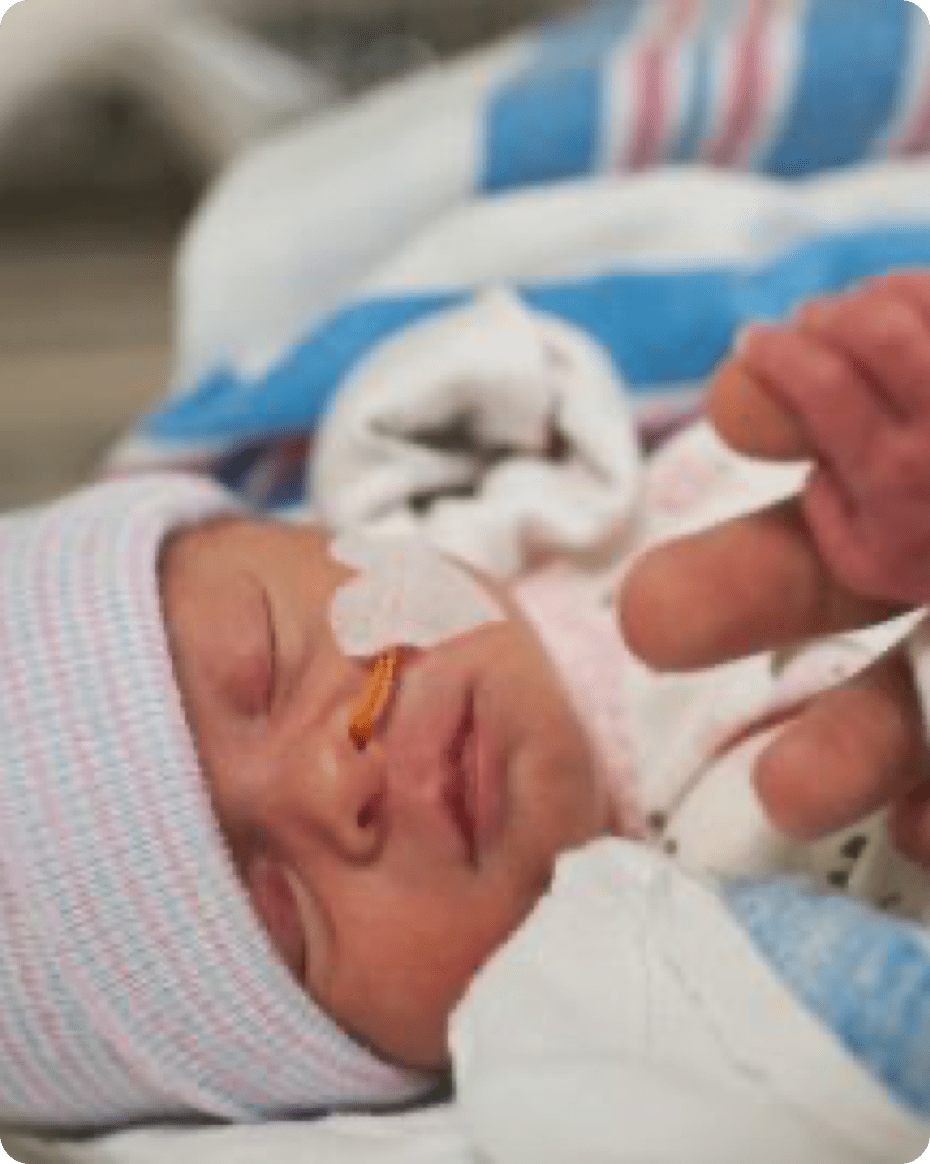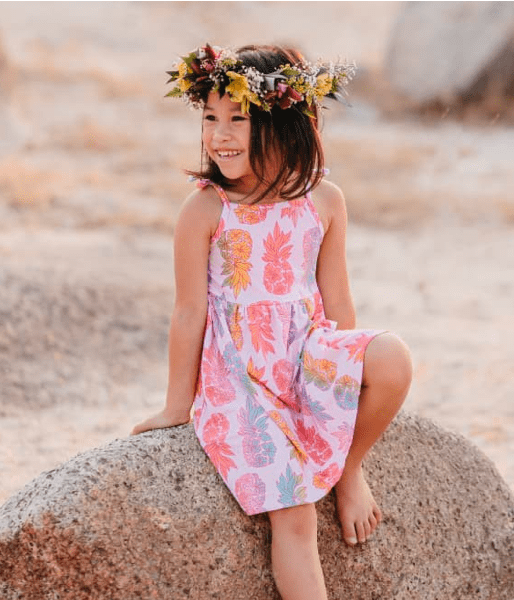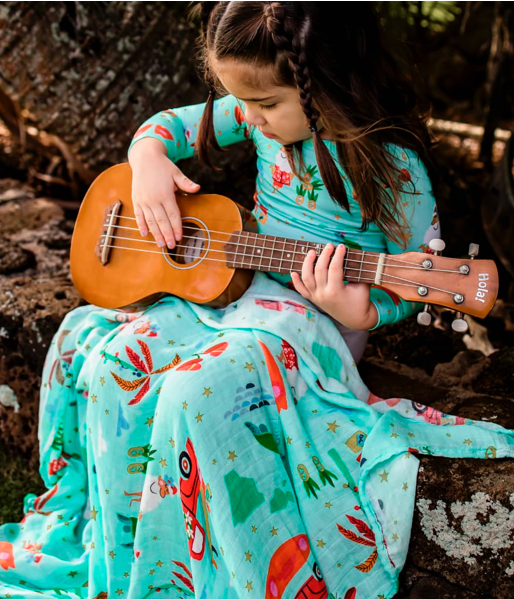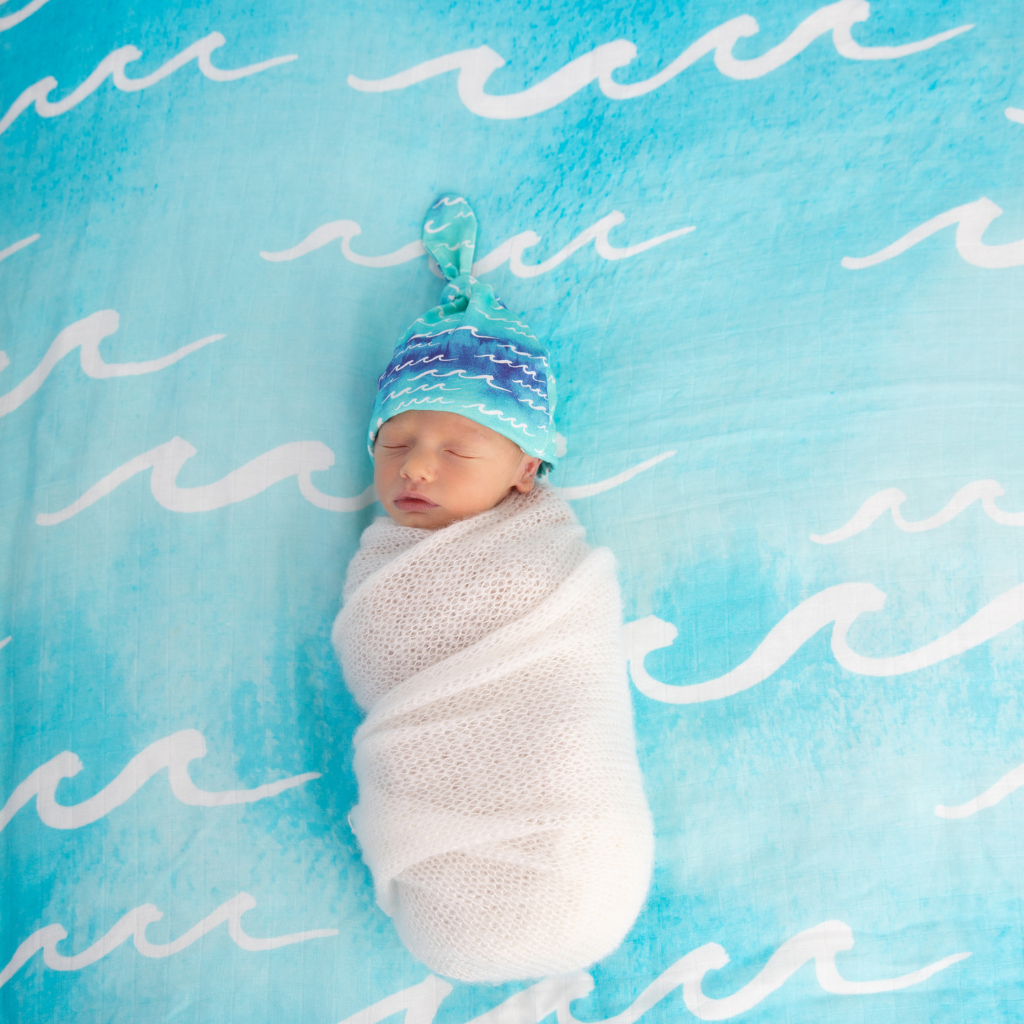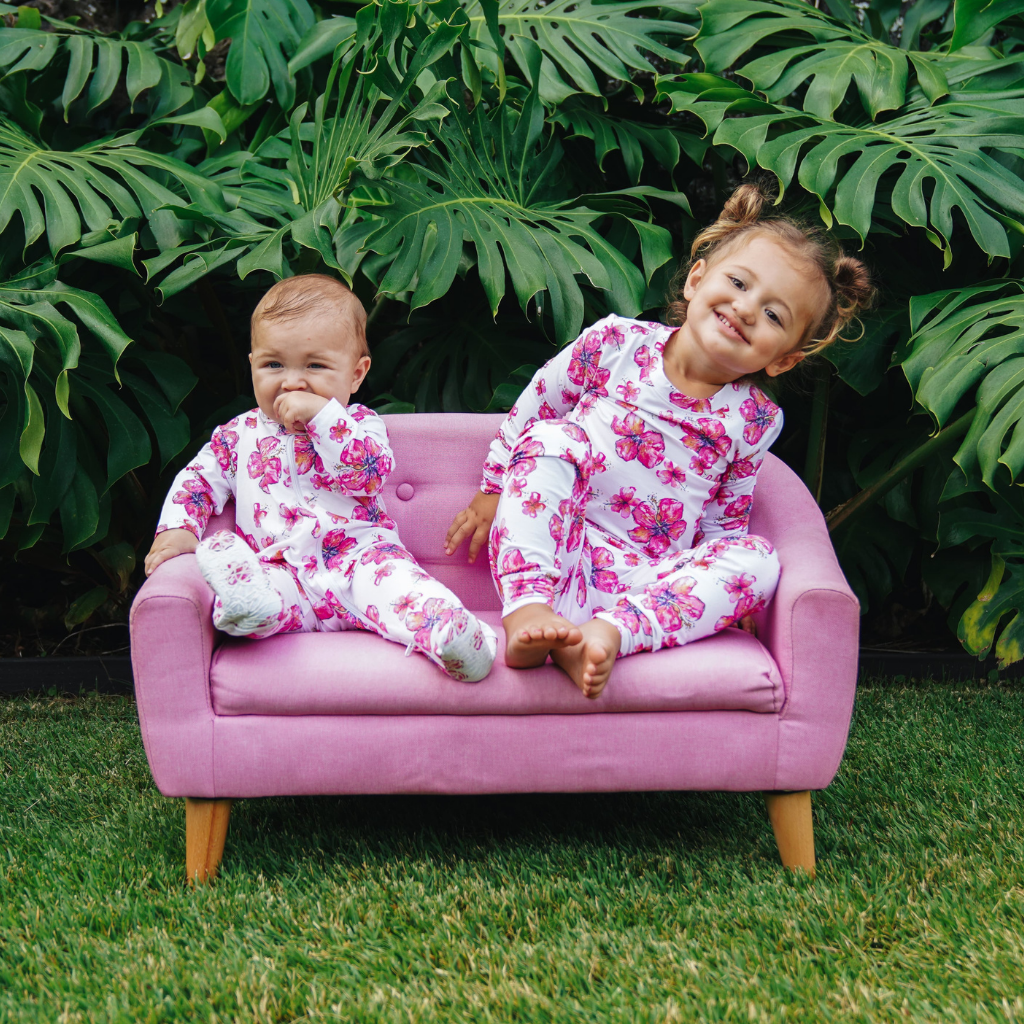Small steps. Big impact. All with love for your keiki and the earth they'll grow up on.
Becoming a mom changes how you see everything — from what you bring into your home to how you move through the world. And for many of us here in Hawai‘i, it deepens our connection to the ‘āina. We start thinking not just about today, but about the kind of future we’re shaping for our keiki, their keiki, and the generations beyond.
The good news is: raising an eco-conscious family doesn't mean doing it all or doing it perfectly. It's about small, mindful shifts that feel right for your ‘ohana. Little by little, your everyday actions begin to add up, nurturing your baby and the world they'll grow up in.
Here are seven simple and meaningful ways to parent more sustainably, with clarity, heart, and care:
1. Choose Reusables Where You Can
Swapping out single-use items for reusable ones is one of the easiest ways to be more mindful. Start with small switches that feel natural to your routine. This could mean cloth wipes instead of disposable, silicone snack bags instead of plastic ones, or carrying a refillable water bottle everywhere you go.
Over time, these little changes start to add up. Pack a reusable utensil set in your diaper bag, keep a stash of tote bags in your car, or swap paper napkins for soft cloths. Not only do these habits reduce waste, but they show your keiki that caring for the earth is just something we do, like brushing our teeth or saying mahalo.
2. Be Intentional with Baby Gear
It's easy to feel like you need everything when you're preparing for baby. But truthfully, most babies need far less than the lists suggest. Choose a few quality essentials that grow with your keiki rather than piles of things they'll outgrow in a few weeks.
Say yes to hand-me-downs and local baby swaps. Shop small when you do buy new, supporting brands that value people and planet. And if you're not sure about an item, pause. Often, the most sustainable choice is the one you don't make. Simplicity is a gift, both for your home and for the earth.
3. Make Mealtime More Mindful
Once your baby starts solids, you'll find yourself prepping tiny meals daily. It's a great chance to build thoughtful habits. Start by serving small portions and letting your keiki ask for more; this reduces waste and encourages them to listen to their hunger cues.
Get creative with what's left. Blend ripe fruit into smoothies, or turn soft veggies into quick soups. Even banana peels and eggshells have second lives in the compost. Make it a family ritual. Let your child help stir, pour, or sprinkle. These slow, simple practices build a lasting connection to food and where it comes from.
4. Simplify Your Laundry Routine
Laundry is one of those everyday things that can quietly make a big difference. Try washing with cold water — it uses less energy and is gentler on your baby's clothes. Run full loads and skip extra rinse cycles unless they're truly needed.
When the weather allows, hang your clothes to dry in the sun. Not only is it energy-free, but fresh air and sunshine are nature's best fabric softeners. Choose laundry sheets or other eco-friendly options that avoid large plastic containers. With these small shifts, your laundry becomes a quiet act of care for your baby, your home, and the ‘āina.
5. Rethink Diapering Without Guilt
Yes, diapers make up a lot of waste, but this isn’t about doing it perfectly. Cloth diapers are a great option if they fit your rhythm, but they’re not the only path to sustainability. Many mamas find a balance by using cloth at home and plant-based disposable diapers while out and about.
Some families explore compostable diaper services if they're available nearby. Others just make the most of what they have, using fewer wipes or choosing brands that are transparent about their ingredients. Remember that it doesn't have to be all or nothing. What matters is that you're making thoughtful choices with love.
6. Let the Outdoors Be the Classroom
The best way to teach your keiki about the earth is to spend time in it. Go barefoot in the grass. Watch the clouds roll by. Let your baby dig, explore, and feel the textures of nature. These quiet, unstructured moments create deep-rooted connections to the world around them.
Make it a habit to do little cleanups on your walks. Collect shells or stones and talk about where they come from. Grow something together, even if it's just a potted plant. When kids feel connected to the land, they grow up knowing how to care for it. That’s the spirit of mālama in action.
7. Teach by Doing, Not by Being Perfect
Your keiki are watching how you move through the world. The small things you do, refilling your bottle, picking up litter, planting a tree, teach more than any book or lesson. You don’t have to say much. Just be consistent and kind in your actions.
Some days you'll forget the reusable bags or choose convenience over principle, and that's okay. What matters is the rhythm, not the rare slip. When you model care, compassion, and intention, you're giving your child a lifelong example of what it means to live in harmony with the world.
Growing a Greener Future, One Moment at a Time
Being an eco-conscious mama doesn't require perfection. It starts with presence, a little creativity, and a whole lot of love. With each mindful step, you're planting seeds that will grow into deep values, not just in your child, but in your whole family.
The world your keiki inherits will be shaped by the choices you make today. And through your care, you're creating something beautiful: a future rooted in connection, awareness, and aloha.
